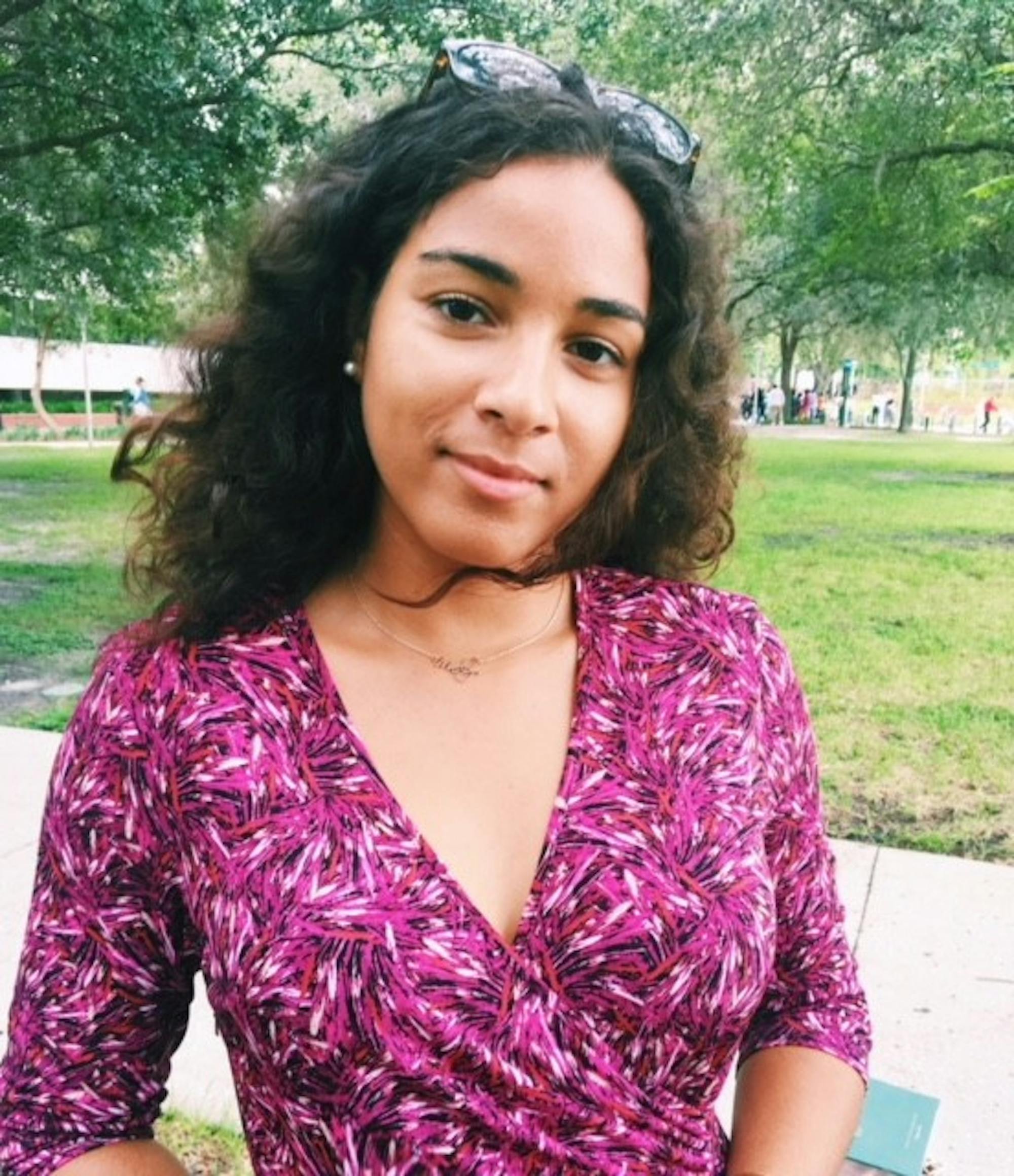In Florida, the “Voting Restoration Amendment,” also known as “Amendment 4,” has successfully been put on the ballot for this coming November. This amendment restores voting rights to people with felony convictions, except for those convicted of murders or felony sexual offence. Florida is currently one of four states in the entire country that permanently disenfranchises people who were convicted of felonies. This amendment would affect more than 1.5 million Floridians in a state that has a population of 20.5 million. According to The Sentencing Project, 27 percent of the country’s disenfranchised population lives in Florida. In order for the amendment to pass, at least 60 percent of the vote must be in favor of restoration. This is huge news and a step in the right direction, but it’s been a long time coming.
Florida is notoriously known for being behind the times in progressive legislation and policies. In comparison, New Hampshire’s neighbors: Maine and Vermont, currently never rescind a person’s right to vote, whether incarcerated or not. In fact, Florida has been struggling with reinstatement of voter’s rights for a long time. In 2011, Gov. Rick Scott reversed the previous governor’s executive order restoring voting rights to people with felony convictions. That 2011 policy change requires all people with felonies to wait five or seven years, depending on the crime, after completing their sentence before applying to regain voting rights. This application is so arduous and restrictive that few people apply and are approved. According to the Brennan Center for Justice at New York University School of Law, only around 300 to 600 cases are approved every year, a stunningly low amount as over 20,000 people have applied for reinstatement. Getting your case to be heard is just the first step and is not a guaranteed success. As of last Thursday, a Florida federal judge ruled that the clemency board’s current system is unconstitutional, writing that the process broke the First and 14th Amendments.
Through a massive non-partisan effort led by Floridians for a Fair Democracy, more than a million petition signatures have been gathered. This greatly surpassed the state’s 766,200-signature requirement, ensuring that the amendment would be included on the ballot in November 2018. While Florida is a massive state, gathering all those petitions was hard work. Volunteers were hitting the pavement and paying attention to every last detail in order to create their desired outcome. I witnessed my own family members pull out petitions at restaurants to ask nearby patrons to sign up. Because of that level of dedication from thousands of people statewide, Florida has made a step forward.
Though this amendment could help tackle the issue of disenfranchisement, it is in response to something much bigger: mass incarceration. The United States makes up about 5 percent of the world’s population but 21 percent of the world’s incarcerated population. Around 2.3 million people in the U.S. are currently locked up in jail or prison; that’s over a million more than the people currently living in the state of New Hampshire. Through an even closer look we see that black and brown people disproportionately make up a large percent of the incarcerated population. Some prisons are privatized corporations built for profit, making an absurd amount of money.
We as a society and government are locking up massive numbers of people, and after people have served their time we further their oppression by disenfranchising and silencing them. The Voting Restoration Amendment addresses a side effect of mass incarceration, but it is a step in the right direction to correcting some of the many wrongs mass incarceration has created. To all my fellow Floridians, our state has a long way to go but get out and vote for the “Voting Restoration Amendment” this coming November. Donations, voting and even word of mouth are some of the easiest and most immediate things we can do when we should be doing so much more.




